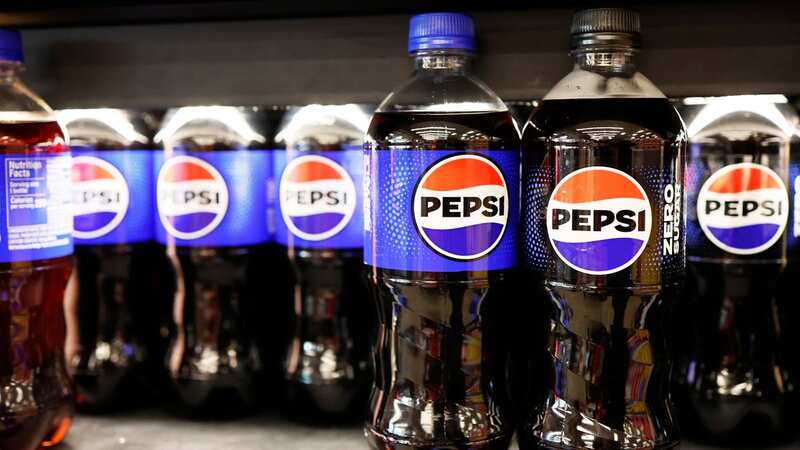Pepsi competition that ended in five tragic deaths and company owing £25 billion
In Pepsi's history, the company has had its fair share of dramas, from an advertisement featuring Kendall Jenner in 2017 that was criticised for minimising the importance of the Black Lives Matter movement. But long before, a game they ran looking to increase sales in 1992 led to five deaths and left the company in debt by £25 billion.
This whole event unfolded on 25 May 1992 when a whopping 70 percent of people in the Philippines watched their TVs with bated breath. That night, station Channel 2 in Manila would announce the winning number for Pepsi's substantial sweepstake, which had been the talk of the town for four months.
Pepsi had cleverly etched unique three-digit codes under their bottle caps as part of their "Number Fever" daily giveaway. Up to that point, winnings had been modest - 100 pesos each time, translating to around £4.
However, the stakes were different on May 25th. That night, they revealed the code for the grand prize worth one million pesos or roughly £32,000, uniquely labelled under just two caps.
Check out The Mirror US, your one-stop site for all USA-based news, politics, sports, and showbiz updates, reports the Mirror US.
 Teachers, civil servants and train drivers walk out in biggest strike in decade
Teachers, civil servants and train drivers walk out in biggest strike in decade
In the Philippines, where the economy was struggling and many families were earning just £80 a month, winning such a huge amount of money could be life-changing. The competition had sparked a frenzy, with people scouring the streets and rubbish bins for bottle caps.
The contest was so popular that it was extended by five weeks, finally ending on May 25 in dramatic fashion. As the winning number - 349 - was announced, there were screams of joy. But something wasn't right. Only two people were supposed to win the grand prize. Pepsi found itself in a pickle. A computer glitch had caused the number 349 to be printed under 800,000 bottle caps.
Suddenly, people all over the Philippines believed they had struck it rich, with some even holding multiple winning caps. The next day, the supposed winners flocked to Pepsi's headquarters to claim their prizes, only to be told there had been a mistake and they wouldn't be receiving any money. Chaos ensued.
Riots and protests broke out, forcing plant workers to erect fences topped with sharp wires. Homemade bombs were even hurled at the buildings. Pepsi executives began to fear for their safety. What should have been a fun sales-boosting campaign - which did indeed increase Pepsi's market share from 19% to over 24% - had turned into a catastrophe.
Caught in a frenzy, Pepsi's staff quickly noticed that honouring the 800,000 '349' marked bottle caps would cost an unbelievable £25 billion. To put it in perspective, the entire Gross Domestic Product of the Philippines was just £41 billion that year.
Bosses at Pepsi then decided to offer every 'winner' $20 as a token of "goodwill gesture". Many folks accepted the £15 deal, which cost Pepsi about £8 million. However, plenty of others chose not to. Rather, they escalated their protests even further, making them more violent.
More than 35 Pepsi trucks were overturned and set ablaze. There were homemade bombs thrown into Pepsi offices too. An executive recalled how they were "Eating death threats for breakfast." Things got even worse when grenades were launched causing five fatalities and injuring several others. Thousands of enraged people filed lawsuits against Pepsi, including one staggering lawsuit worth £315 million.
The Philippine government had to step in, slapped fines on Pepsi, and tightened contest rules considerably. People then started using the term "349ed" when someone was made a fool. The upheaval and rioting gradually died down even though the legal battles persisted. Nevertheless, by the end of 1994, many of the complaints and lawsuits were discarded by the courts.
In 2006, the last disputes were dismissed by the Philippines Supreme Court which declared that Pepsi wasn't at fault and needn't pay for the gaffe.
Read more similar news:
Comments:
comments powered by Disqus


































